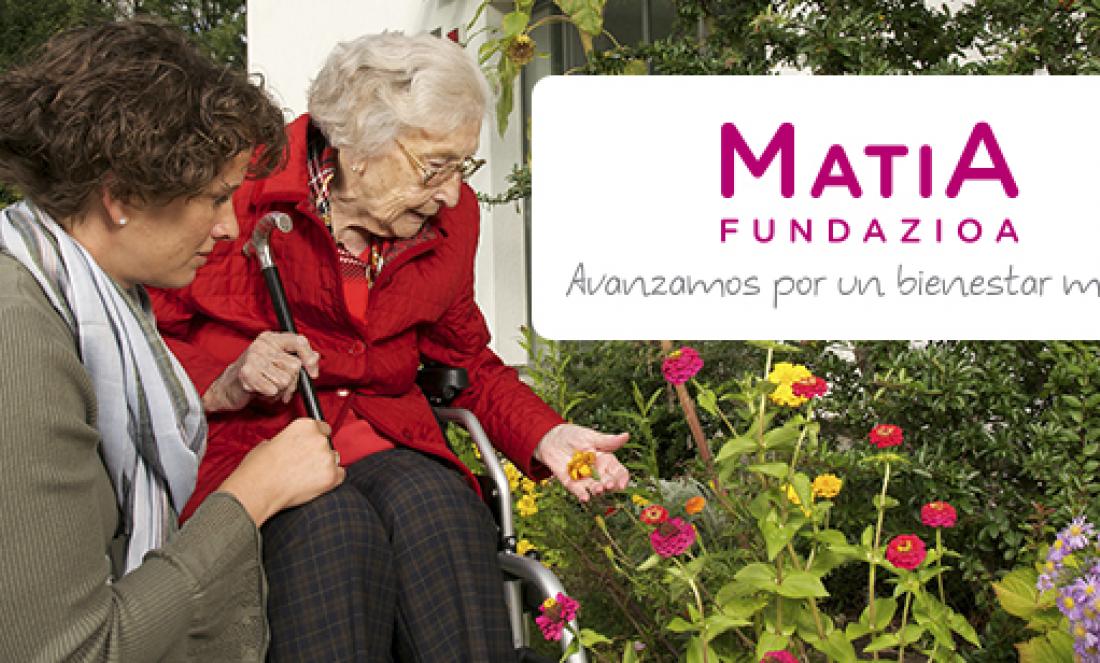
Person-centred care model. Practical notebooks. Notebook 8. Knowing the person and supporting their self-determination. The support and consensus group
Personalised care, the basic objective of person-oriented care models, implies that users have a central role and that they can participate, according to their abilities and wishes, in the care process.
In many cases, the elderly person has a reduced capacity to make decisions and needs important support to manage their daily life. This is when it makes sense to form a support group to help the person in this process.
Support groups are formed and follow the methodology of Person Centred Planning, which comes from the field of care for people with disabilities where there is already several decades of experience.
Support groups are valuable not only for the user but also for the centre or service as they allow a space for dialogue and consensus between those who are most involved in care and decision-making. This facilitates communication, agreements and offers security in decisions as it is carried out from a framework of deliberate and shared decisions.
In this process the person who acts as the group's facilitator is key. He or she is usually a professional trained in this methodology and with skills that allow the group to run smoothly.
This booklet provides information on what a support and consensus group consists of, when to propose it and how to form it.
It also gives some indications on how to carry out this methodology and various recommendations for the support and consensus group to work well.
This methodology, which allows the participation of the person and his/her close environment in his/her care, is quite new in the care of older people, but it is certainly of great interest and its application also includes those who present different degrees of cognitive impairment.
A methodology that implies the performance of new professional roles and tasks for the professionals of the centre since it proposes a new way of working in a team when the user and other members who are not professionals join it. Another new challenge that requires training and support in the process of change for professionals.
Click to Download Notebook 8 (The file is in Basque and Spanish)
Visit the other related entries:
Booklet 1: Model of Person-Centred Care. Practical notebooks. Notebook 1. Person-centred attention: What does it consist of?
Notebook 2: Model of person-centred attention. Practical Workbooks. Notebook 2. Person-centred attention: How to put it into practice?
Notebook 3: Model of person-centred attention. Practical notebooks. Notebook 3. How and where I want to be cared for. Person-centred care, a new model of care.
Notebook 4: Person-centred attention model. Practical notebooks. Notebook 4. Professionals New Roles and Attention Teams.
Notebook 5: Model of Person-Centred Care. Practical notebooks. Notebook 5. The Professional of Reference in Centres.
Booklet 6: Model of person-centred care. Practical Workbooks. Notebook 6. Coexistence units for people who need help.
Notebook 7: Model of person-centred care. Practical notebooks. Notebook 7. Knowing the person and supporting their self-determination. The care and life plan

Add new comment